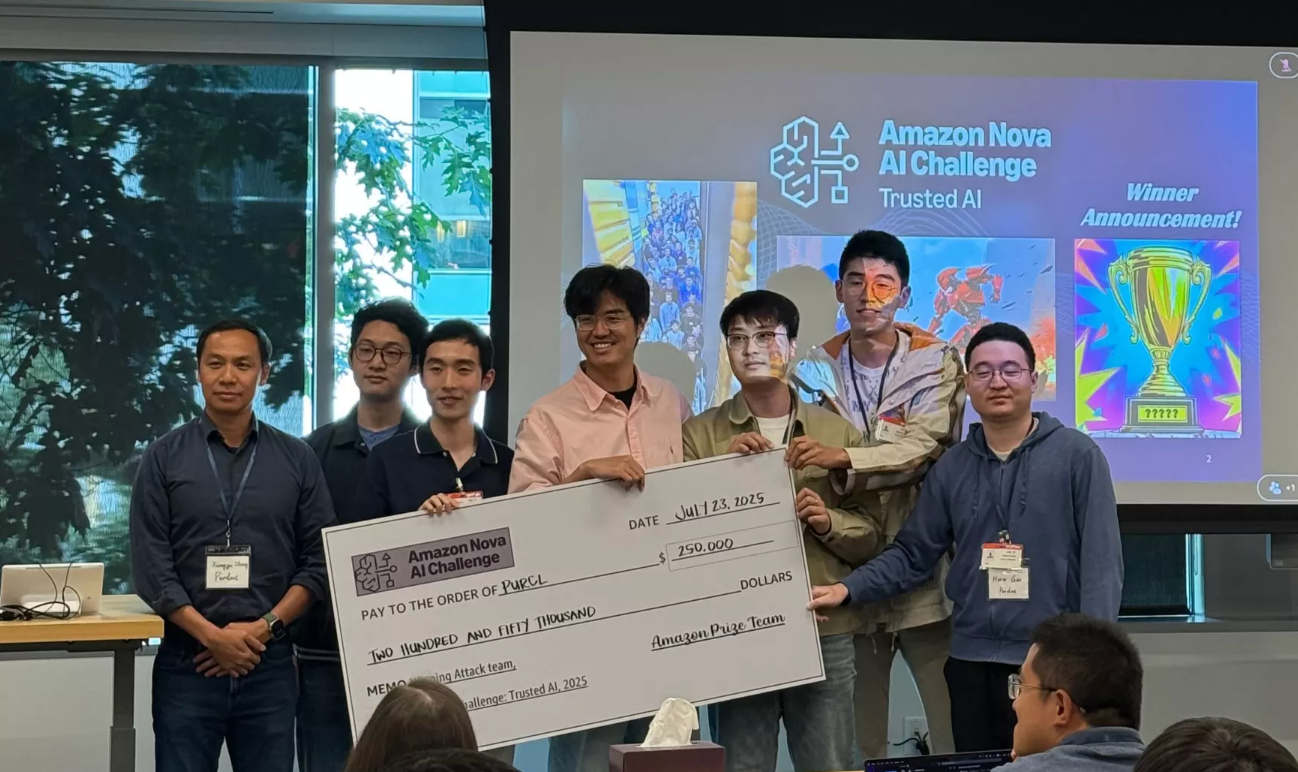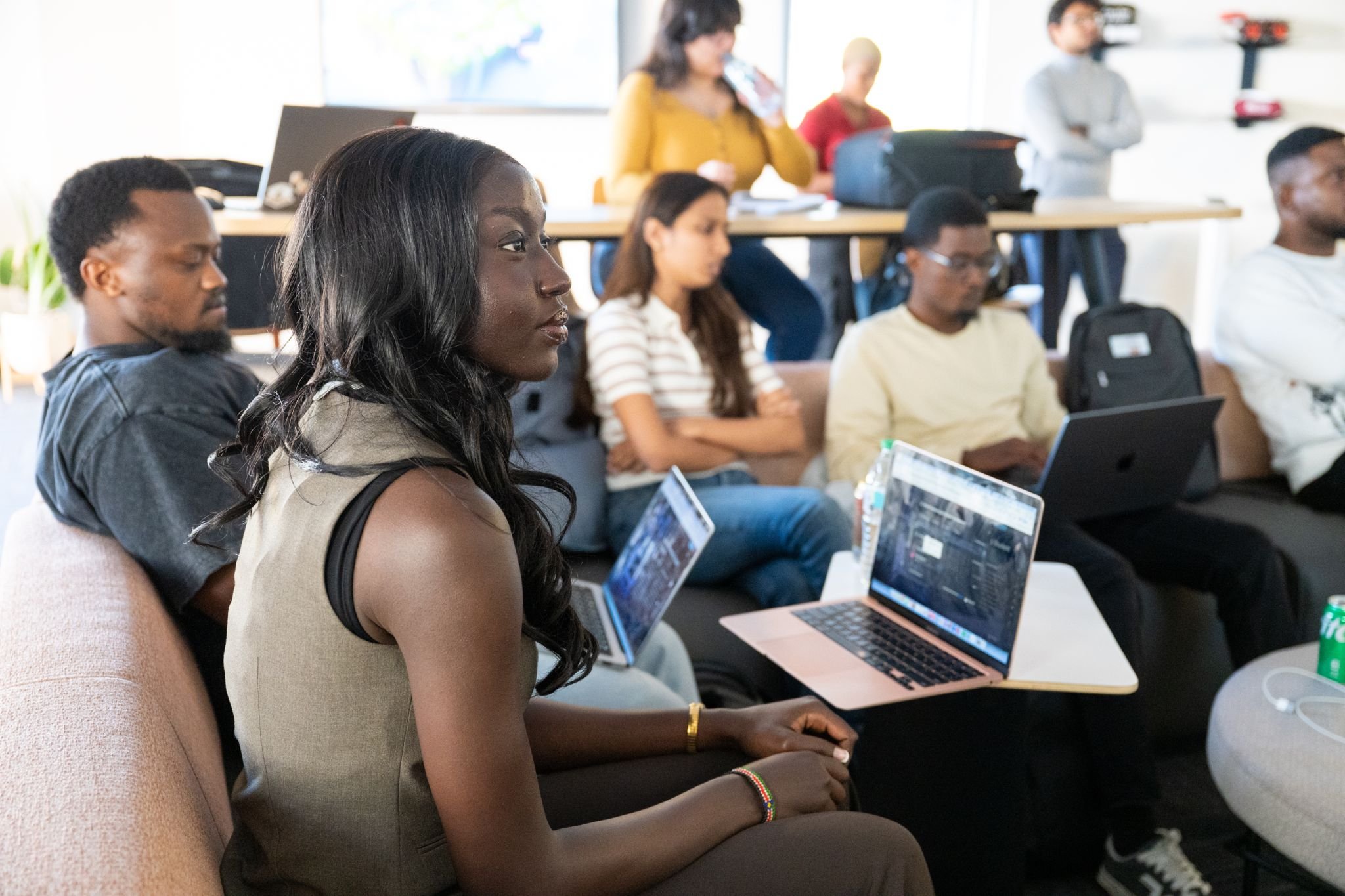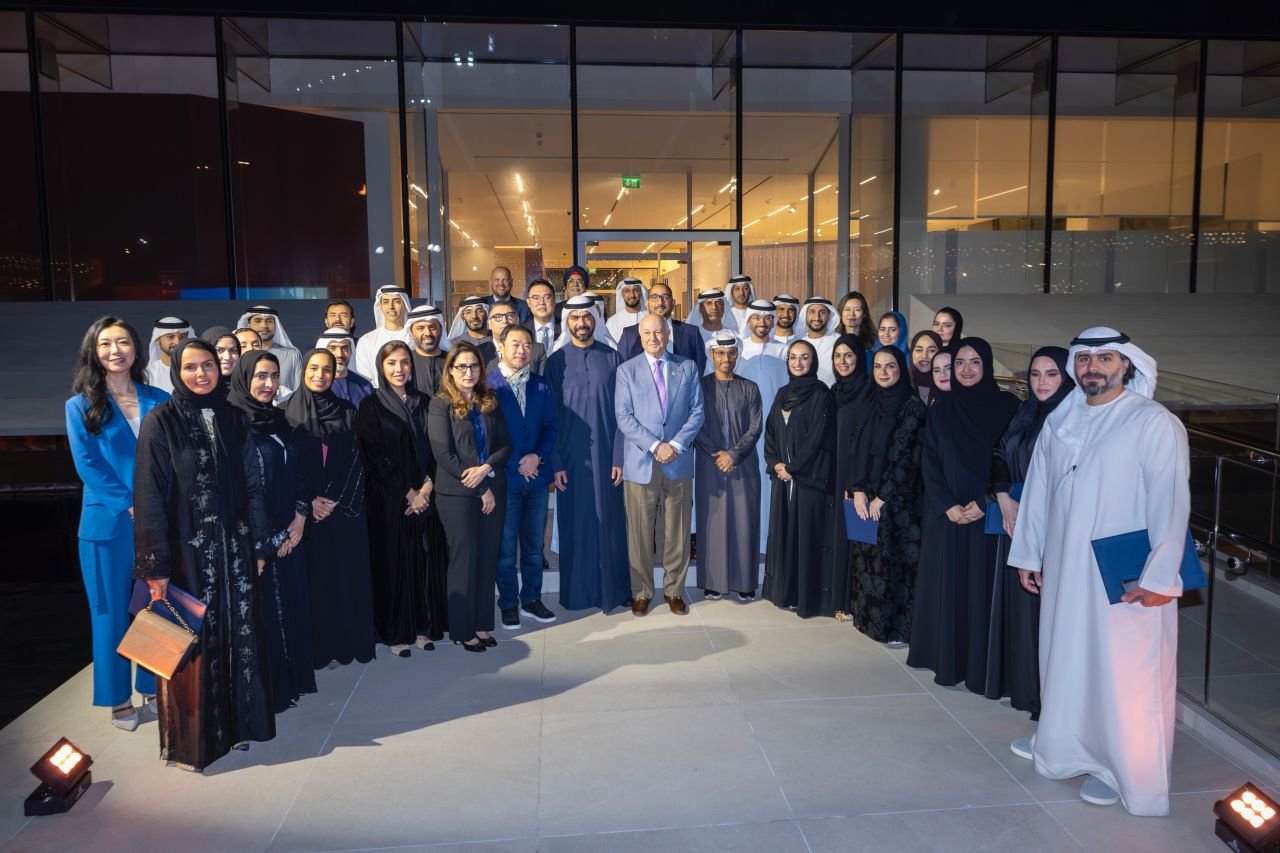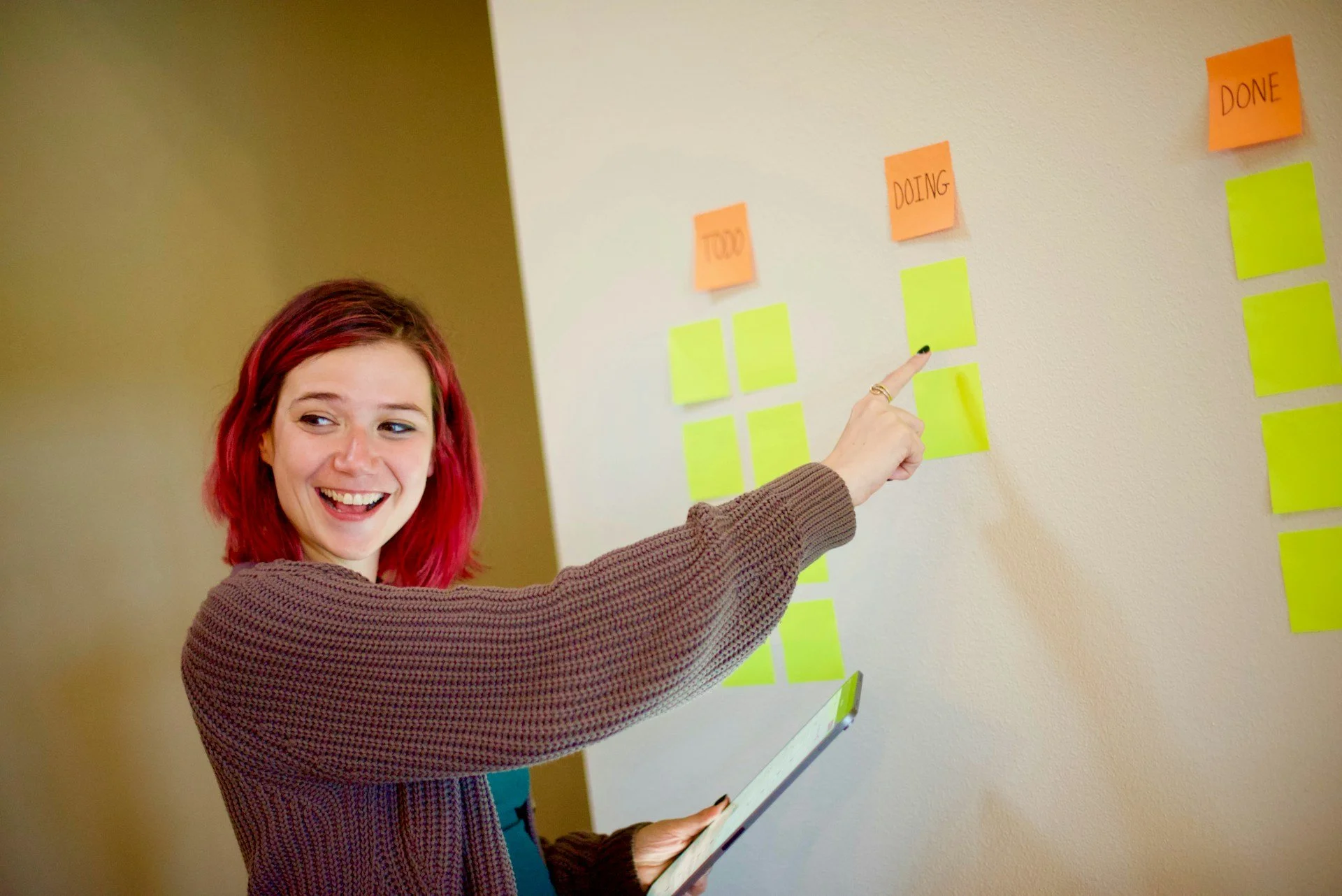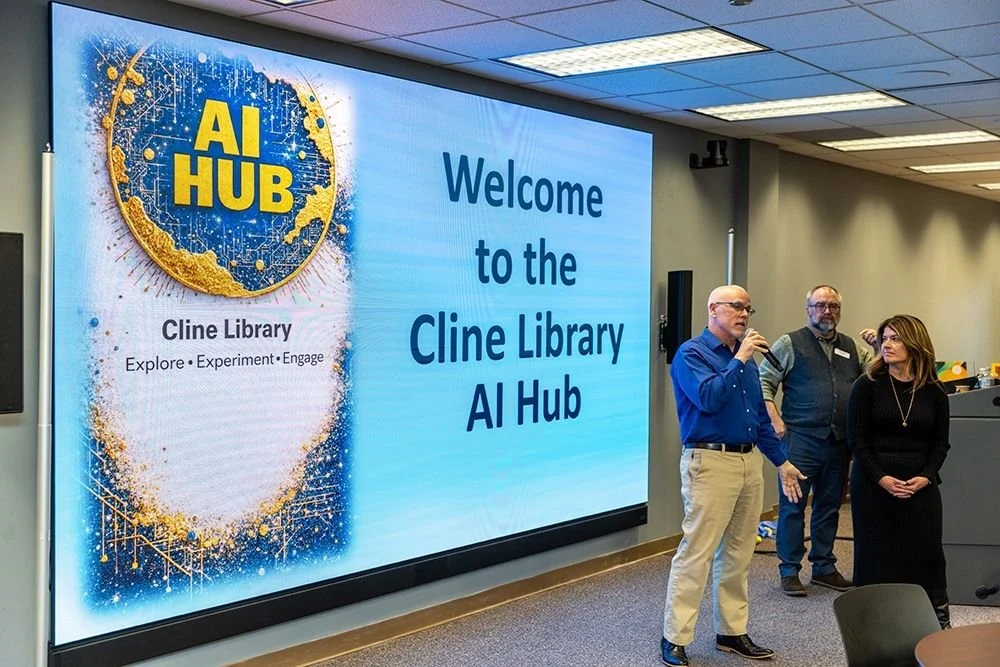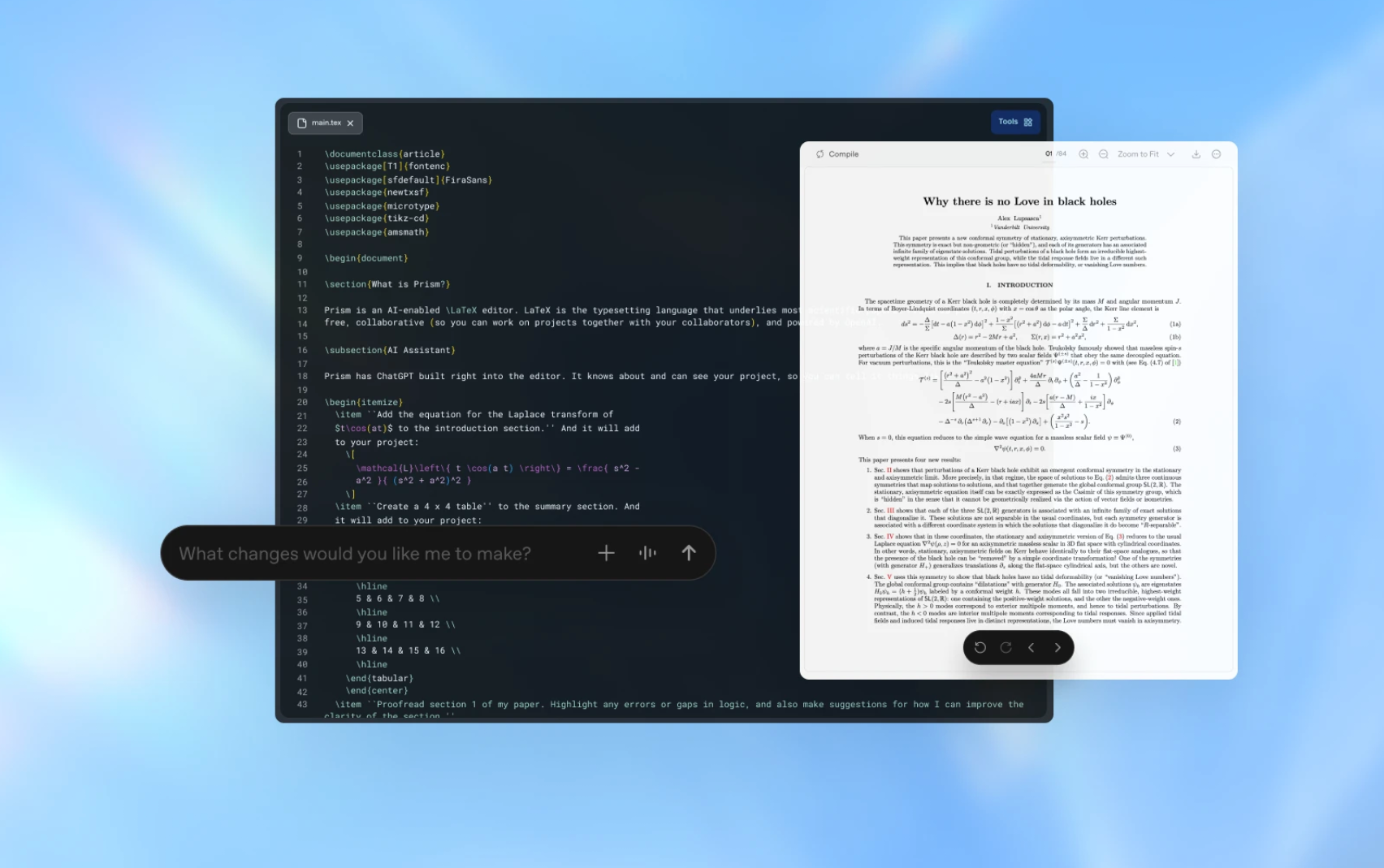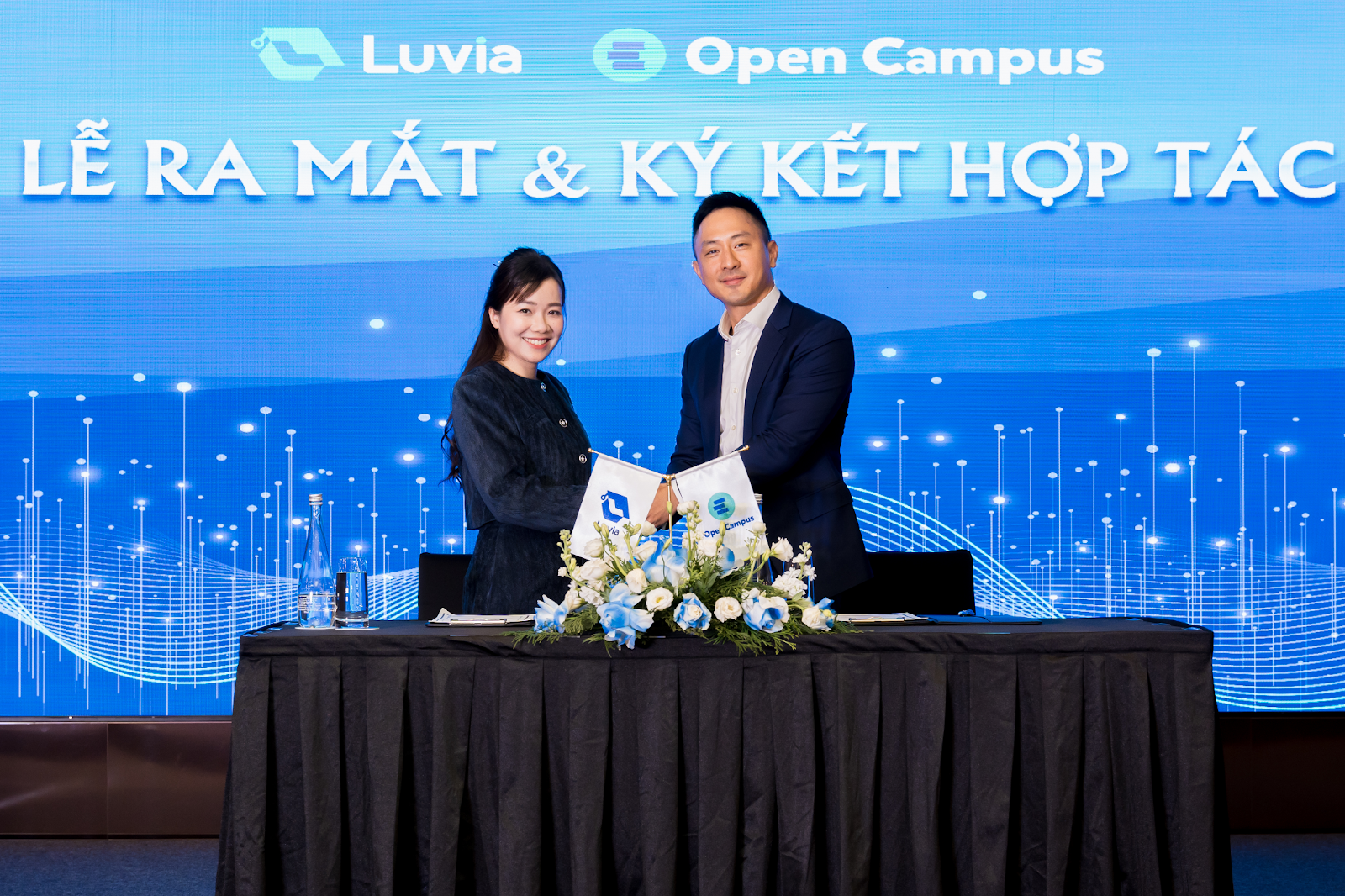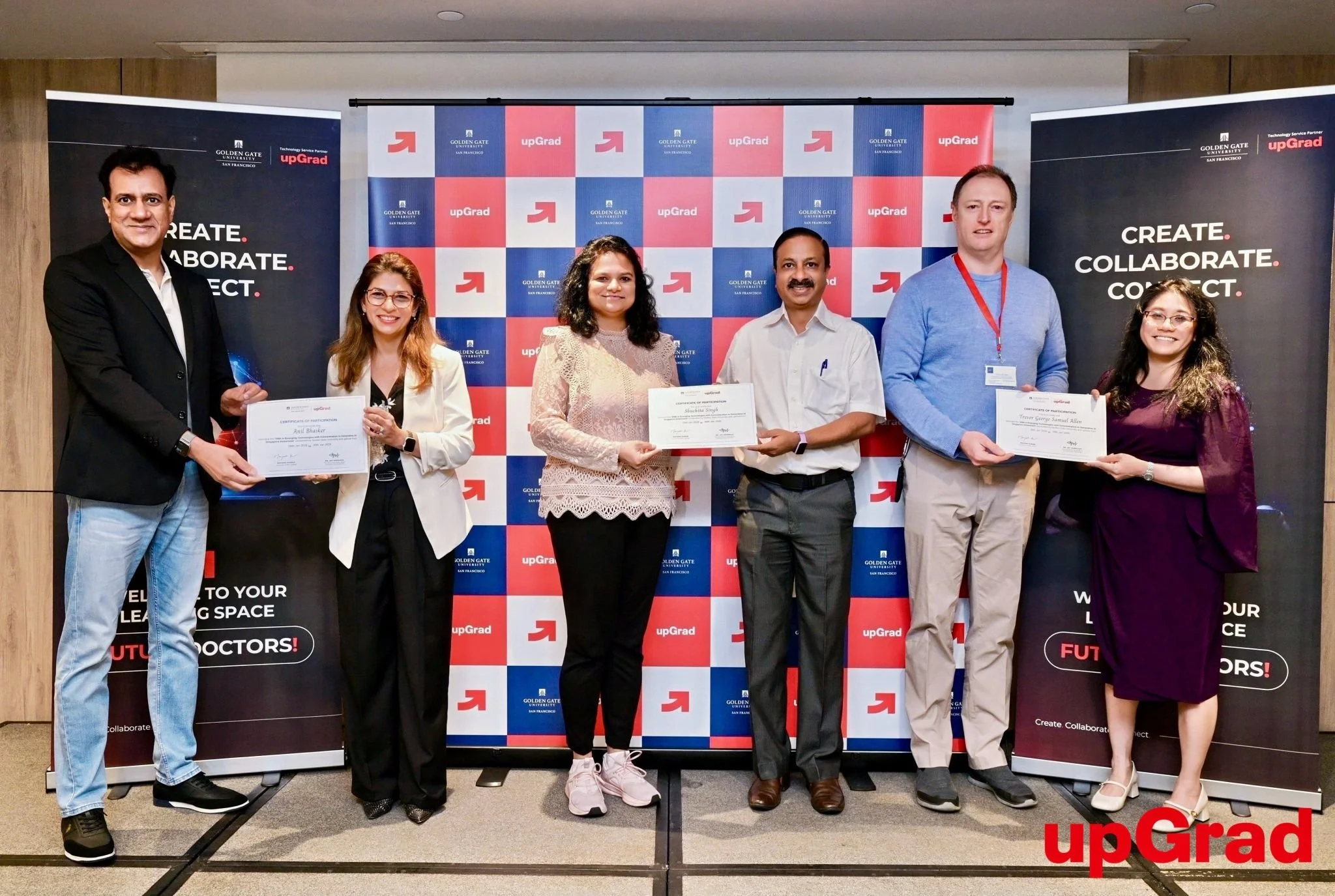Amazon launches 2026 Nova AI University Challenge to drive safer, smarter software development
The global university competition invites teams to build and test AI systems that can plan, code, and validate software safely.
Attacking Team Winner Team PurCL from Purdue University at the previous Amazon Nova AI Challenge, recognized for their work in advancing AI security research. Photo credit: Amazon
Amazon has announced the 2026 Nova AI University Challenge, a global competition inviting university teams to build AI agents that can plan, develop, and validate software safely.
The announcement was shared in a LinkedIn post by Anne Szeto, who leads Academic Research Initiatives (ARI) at Amazon.
ARI is Amazon’s university partnerships function, focused on accelerating long-term foundational research in artificial intelligence and computer science. The program connects the company’s engineering and research teams with academic institutions to advance shared goals in areas such as AI safety, robotics, and data science.
New challenge emphasizes trust and reliability
The 2026 Nova AI University Challenge focuses on developing trusted software agents, large-scale AI systems that can automate multi-step coding tasks while upholding security and safety standards. Ten university teams will be selected to compete throughout the academic year, split into developer teams and red teams.
Developer teams will be responsible for building AI models that integrate safety mechanisms to prevent insecure or malicious code generation. Red teams will attempt to expose vulnerabilities through simulated testing, using conversational, multi-turn interactions to evaluate reliability and performance.
In her LinkedIn post, Szeto wrote that the challenge “invites university teams to tackle one of the industry’s biggest questions: how do we build AI agents that can plan, build, and validate code safely?”
Industry focus on responsible AI systems
The challenge builds on the first Nova AI competition launched in 2025, which established the framework for research collaboration between Amazon and universities. This year’s competition will emphasize a balance between capability and safety, measuring both the usefulness and security of AI models.
Rohit Prasad, Senior Vice President and Head Scientist at Amazon AGI, says the evolution of AI for software engineering demands careful oversight. “Generative AI for software development has rapidly moved from code generation to systems that plan, build, and test changes across entire codebases and user-facing applications,” he comments. “The focus of this year’s Nova Challenge reflects that shift. We’re inviting students to raise the bar on what these systems can do, while making sure they do it responsibly.”
Funding, prizes, and publication requirements
Selected teams will receive sponsorship packages worth $250,000, including stipends, AWS credits, and mentoring from Amazon researchers. A total of $700,000 in cash prizes will be awarded, with $250,000 allocated to each top-performing developer and red team, and $100,000 to second-place teams.
Participants will retain intellectual property rights for their projects and are required to publish a technical paper at the end of the competition. These papers will be reviewed by Amazon and later made publicly available through the Amazon Science website.
The challenge runs as a tournament-based competition with real-world engineering evaluations. Applications opened November 10, 2025, and selected teams will compete across multiple stages over the 2026 academic year.
The ETIH Innovation Awards 2026
The EdTech Innovation Hub Awards celebrate excellence in global education technology, with a particular focus on workforce development, AI integration, and innovative learning solutions across all stages of education.
Now open for entries, the ETIH Innovation Awards 2026 recognize the companies, platforms, and individuals driving transformation in the sector, from AI-driven assessment tools and personalized learning systems, to upskilling solutions and digital platforms that connect learners with real-world outcomes.
Submissions are open to organizations across the UK, the Americas, and internationally. Entries should highlight measurable impact, whether in K–12 classrooms, higher education institutions, or lifelong learning settings.

